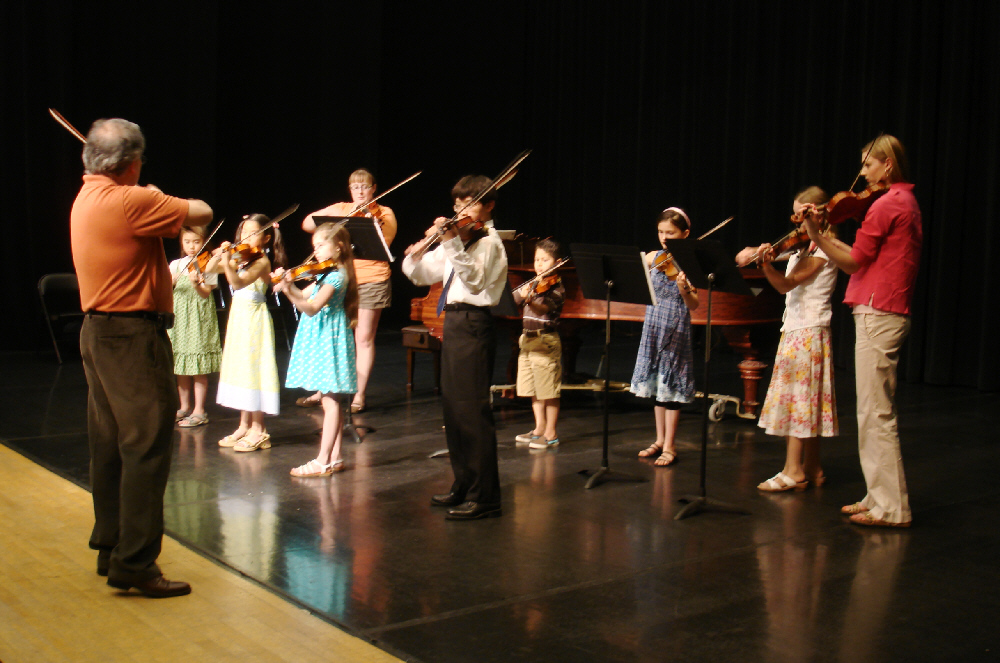學音樂的人比較不會老?美國西北大學研究指出,學音樂可延緩神經老化過程、維持神經功能,這是首次生理學證據顯示長時間學音樂、玩樂器會減緩、阻擋神經老化。
美國西北大學聽覺神經科實驗室的研究人員測試年輕、年長音樂家的大腦反應,記錄其大腦對說話聲音的反應有多靈敏,結果發現,年長音樂家的神經反應非常敏捷,不輸年輕人。
西北大學神經生物學教授妮娜‧克勞斯表示,年長音樂家對聲音刺激的反應速度、準確度不只優於同齡非音樂演奏者,且表現也贏過很少玩音樂的年輕人。這代表生活中的聲音的確會影響神經系統功能。
這項研究已發表於線上版「高齡神經生物學」期刊(Neurobiology of Aging)。
美國南伊利諾斯大學醫學院專門研究聽力退化的研究員唐‧卡斯帕里表示,這項研究顯示,大腦若經過訓練,或可幫助治療、減緩老化引起的聽力流失。
克勞斯教授以前曾進行研究發現,音樂訓練也可減緩記憶喪失,也可讓年長者在噪音環境聽話聽得更清楚。
克勞斯教授提醒,音樂訓練是對某些神經反應有幫助,但並非對所有神經反應都有相同效果,而這些參與研究的音樂家在九歲前就開始學音樂,且平常生活都有持續在演奏音樂。
研究原文:
Musical experience offsets age-related delays in neural timing
Abstract
Aging disrupts neural timing, reducing the nervous system's ability to precisely encode sound. Given that the neural representation of temporal features is strengthened with musical training in young adults, can musical training offset the negative impact of aging on neural processing? By comparing auditory brainstem timing in younger and older musicians and nonmusicians to a consonant-vowel speech sound /da/. we document a musician's resilience to age-related delays in neural timing.
 給您的孩子能陪伴他一輩子的禮物,允許他學音樂,鼓勵他學音樂;更別忘了,成人也應該學音樂,這也是一份可以陪伴您一輩子的禮物。
給您的孩子能陪伴他一輩子的禮物,允許他學音樂,鼓勵他學音樂;更別忘了,成人也應該學音樂,這也是一份可以陪伴您一輩子的禮物。




 留言列表
留言列表